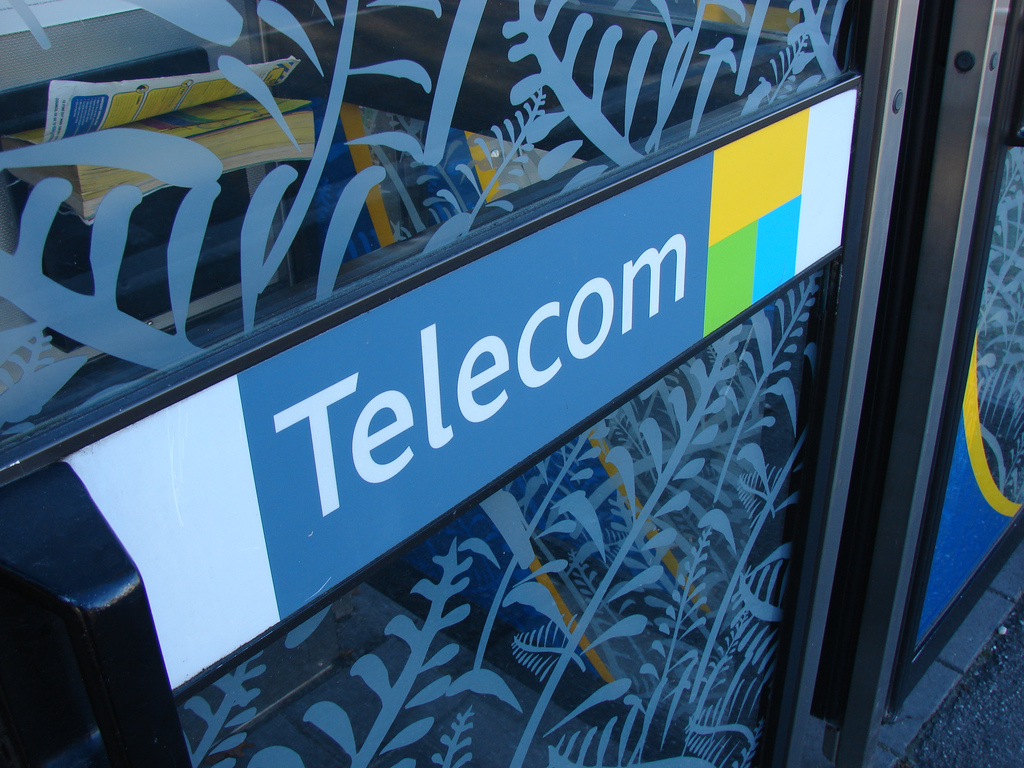Appeared in the Toronto Star on February 23, 2013 as Canada’s Telecom Transparency Gap is Alive and Well The government’s recent decision to kill its online surveillance legislation marked a remarkable policy shift. The outcry over the plan to require Internet providers to install surveillance capabilities within their networks and […]

Telecom by yum9me (CC BY-NC-ND 2.0) https://flic.kr/p/53jSy4
Telecom
Distributel Fights Back Against Motion to Disclose Subscriber Information in File Sharing Case
Distributel, an independent ISP with services in Quebec, Ontario, Alberta, and B.C., has fought back in a file sharing lawsuit launched by NGN Prima Productions, opposing a motion to disclose the names of subscribers alleged to have engaged in file sharing. It appears that NGN is using Canipre to identify alleged file sharers, the same company that has supplied information to Voltage Pictures in its case involving thousands of subscribers at TekSavvy. Distributel did not oppose a similar request in November 2012, but says in court documents filed today that several factors led to a change in position when NGN filed another request for more names.
First, Distributel was concerned with how NGN treated its subscribers, demanding a $1500 settlement in a notice claiming that subscribers could face up to $20,000 in damages. Distributel noted the lack of evidence for the claim made by NGN, relying on an expert analysis of BitTorrent to highlight the shortcomings. Moreover, Distributel says NGN is engaged in copyright trolling, citing the misrepresentation in the potential liability (the law now features a cap of $5,000 for non-commercial statutory damages) and the settlement demands that far exceed actual damages.
Competition Bureau to the CRTC on Wireless Code: Be Bolder
The Competition Bureau yesterday posted its submission to the CRTC on its draft wireless code. The key message from the Bureau: be bolder. The Bureau expresses concern with the competitiveness of the wireless telecom sector in Canada:
certain impediments continue to diminish the effect of competitive forces in this industry. First, certain industry practices have tended to impose costs on consumers who wish to avail themselves of competitive alternatives. Second, consumers are not always provided with sufficient information in an adequately clear manner to make informed purchase decisions. These features can deprive consumers, competitors, and the Canadian economy of the beneficial effects of competition in this industry, namely lower prices, higher quality service, and greater innovation. This submission provides recommendations on how the Wireless Code can minimize the effect of these impediments.
CRTC Should Be Bolder With Wireless Code
The Canadian Radio-television and Telecommunications Commission unveiled its much-anticipated draft wireless code of conduct lasts week, offering a promise of new, enforceable protections for consumers. The draft code, which is open for public comment until mid-February, generated a mixed reaction. Some consumer groups welcomed it as a step in the right direction. But other commentators were left underwhelmed, disappointed that the code does little to address consumer frustrations with issues such as long-term wireless contracts and exorbitant roaming fees.
My weekly technology law column (Toronto Star version, homepage version) notes the draft code features some welcome changes to the current wireless landscape, including the possibility of consumer cancellation of contracts when providers change key terms, clear limits on contract termination penalties, and monthly bill caps when additional fees are incurred (thereby reducing the likelihood of bill shock after a trip abroad). Perhaps most importantly, the code is enforceable, backed by the possibility of monetary compensation of up to $5,000.
Yet the draft code ultimately disappoints, since its underlying philosophy is that consumer frustrations with the Canadian wireless market can be best addressed by more information.
CRTC Should Be Bolder With Wireless Code
Appeared in the Toronto Star on February 2, 2013 as CRTC Should Be Bolder With Wireless Code The Canadian Radio-television and Telecommunications Commission unveiled its much-anticipated draft wireless code of conduct this week, offering a promise of new, enforceable protections for consumers. The draft code, which is open for public […]






